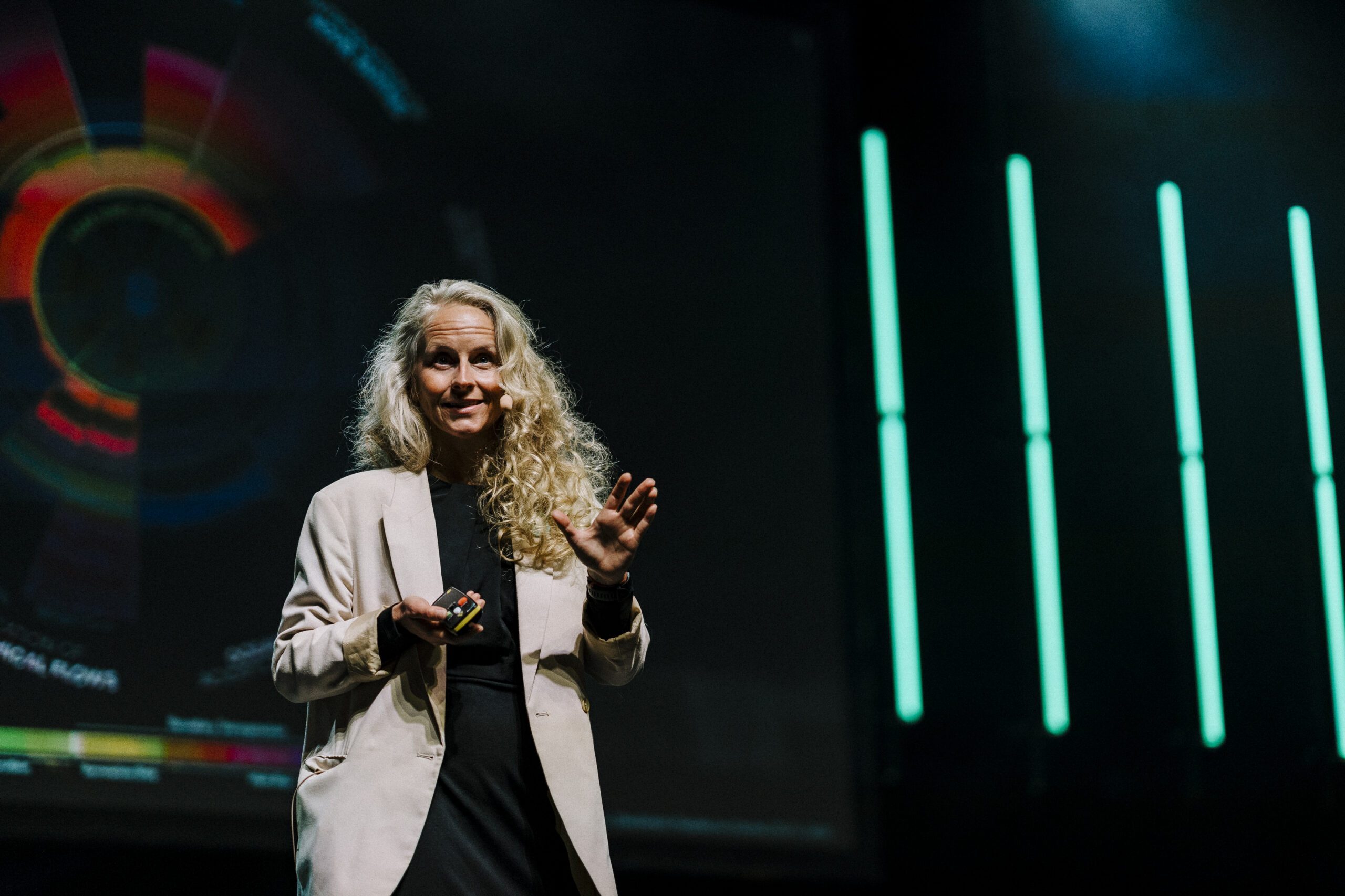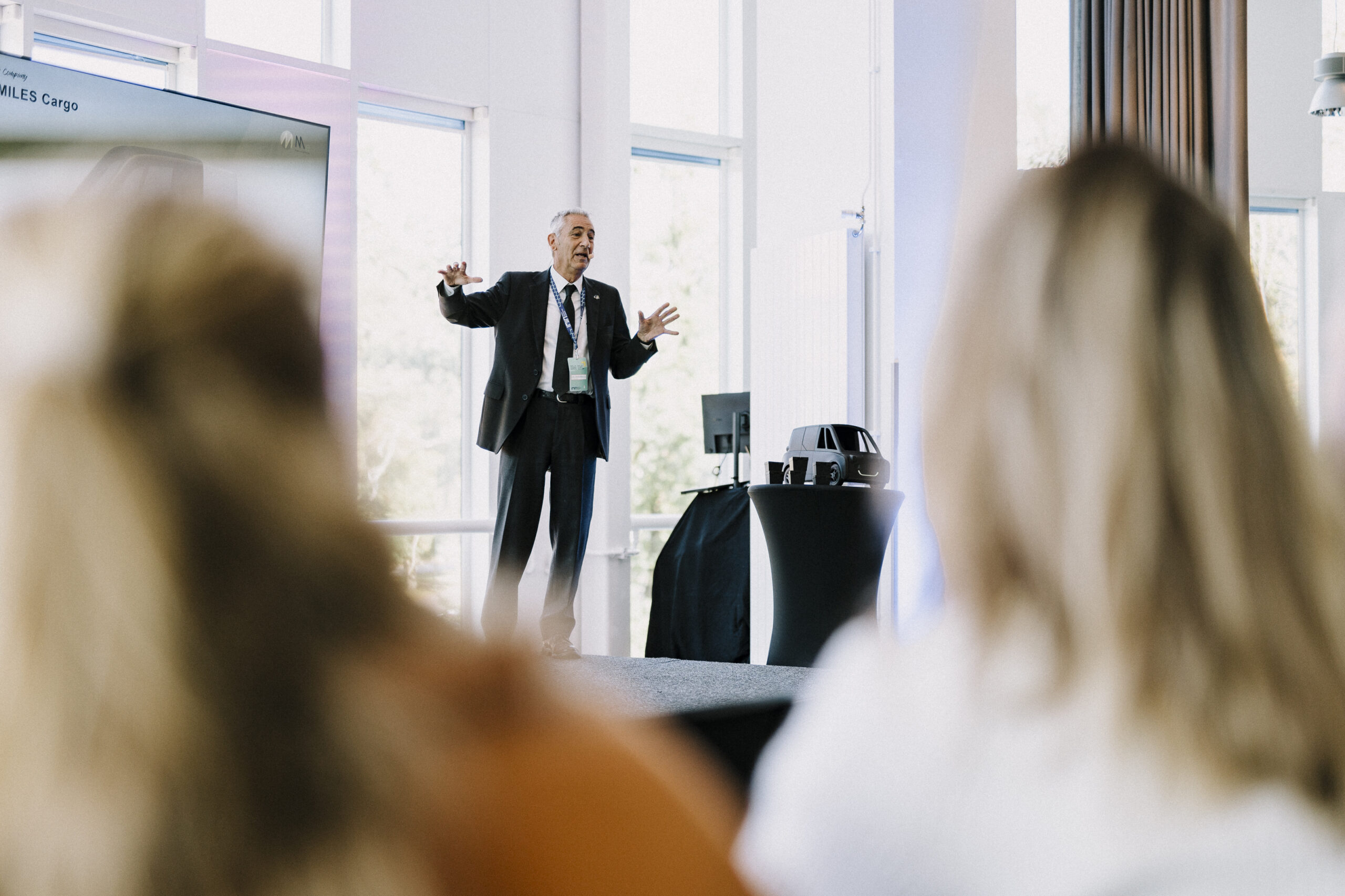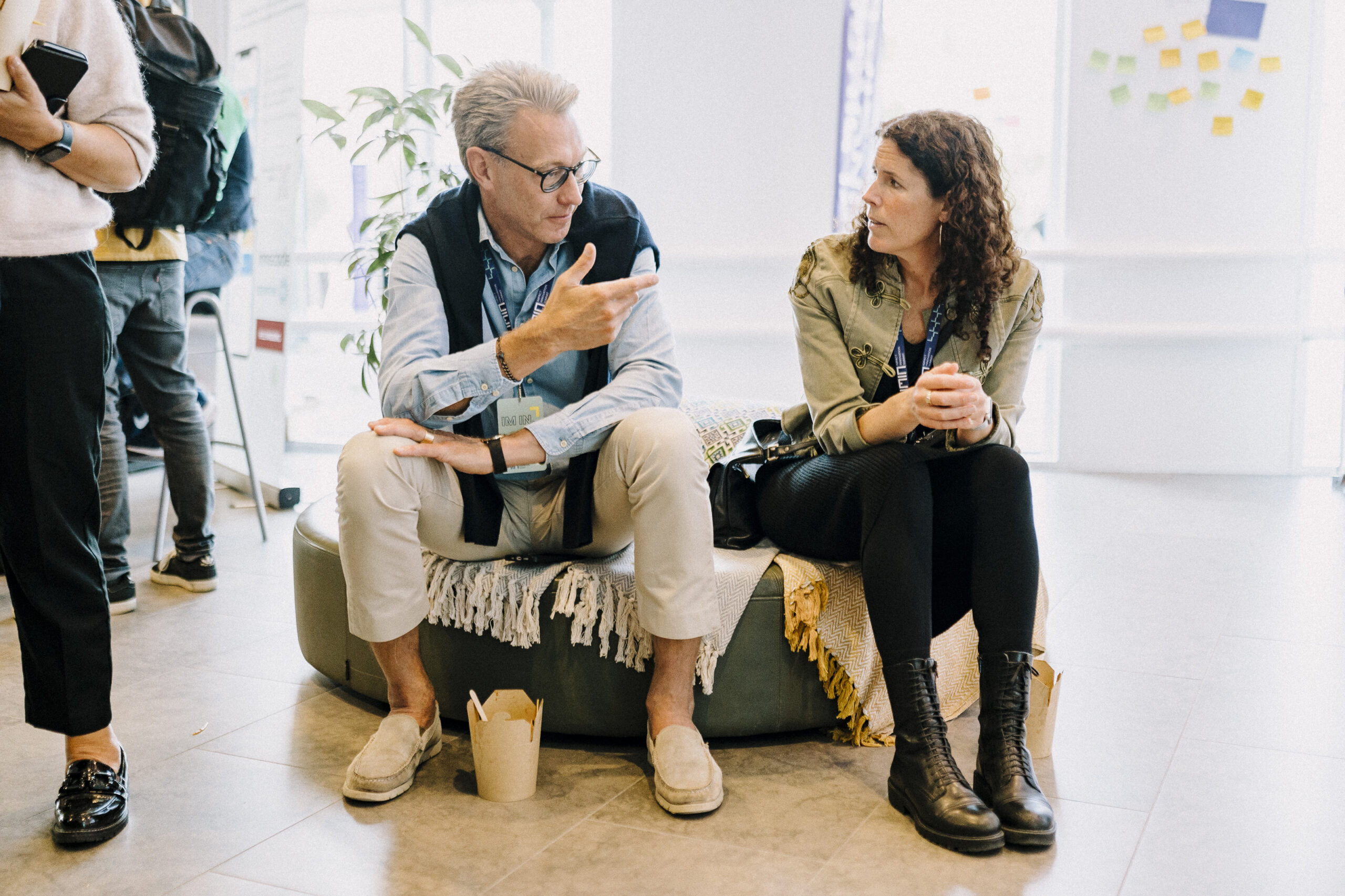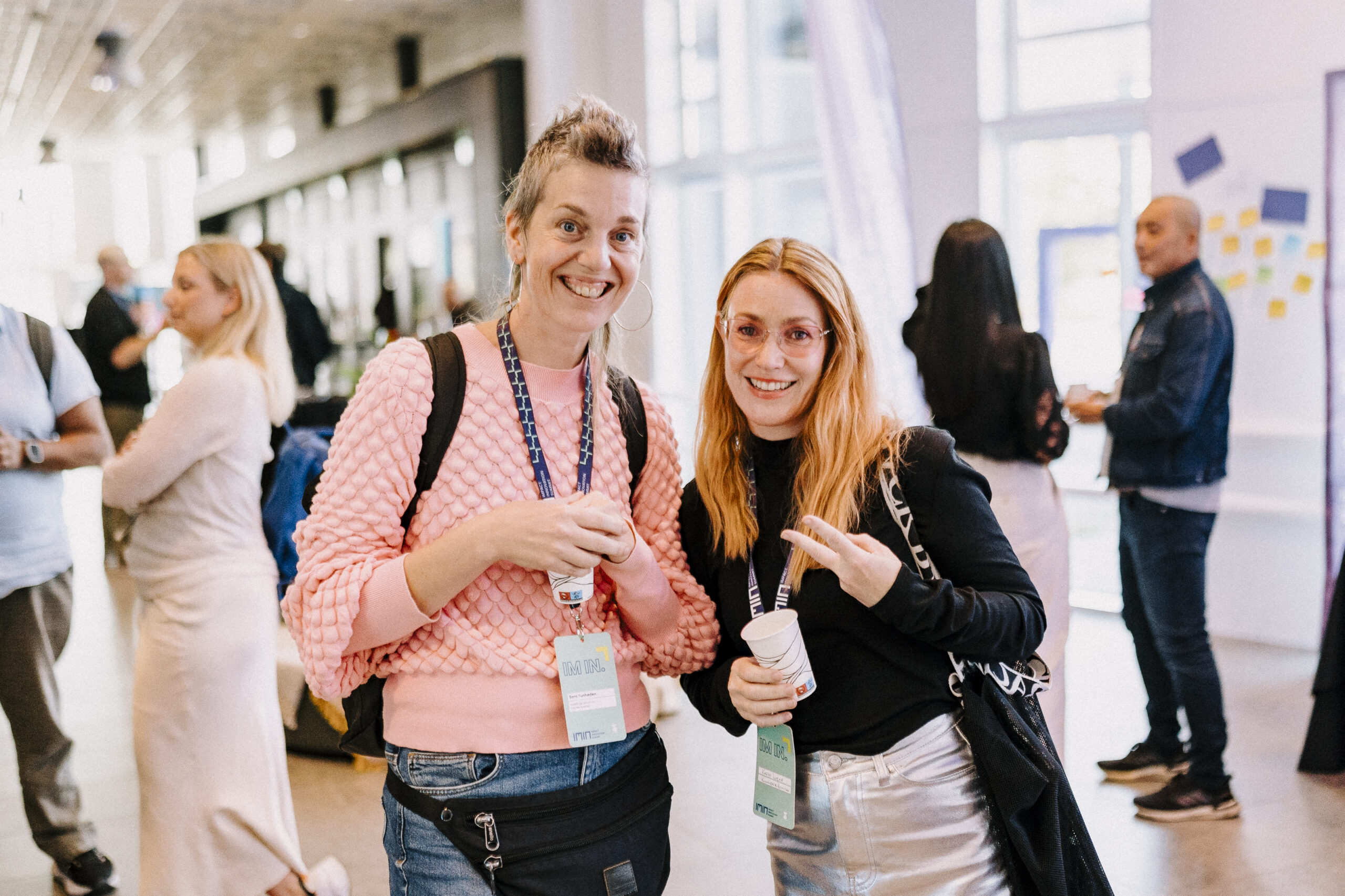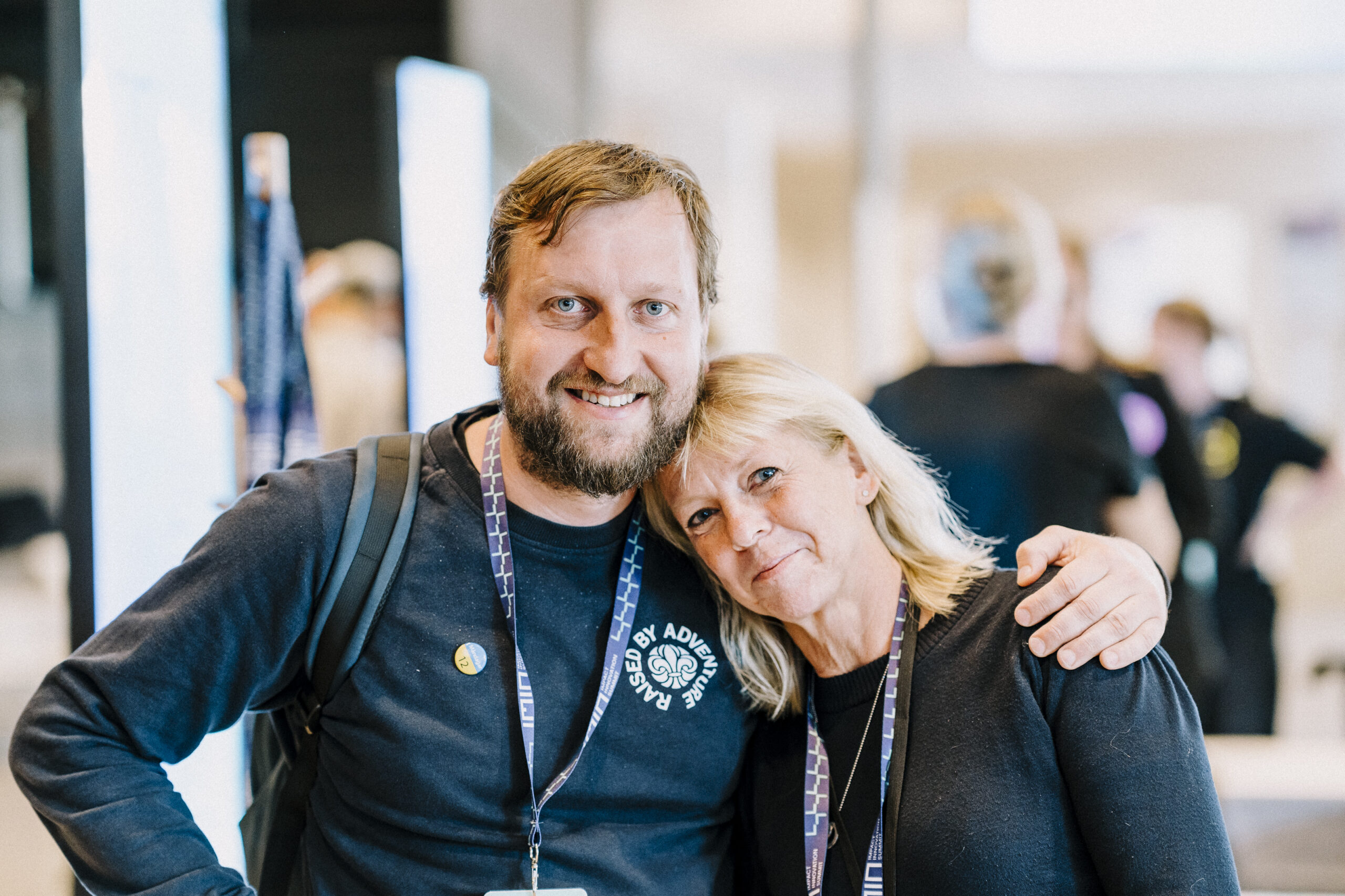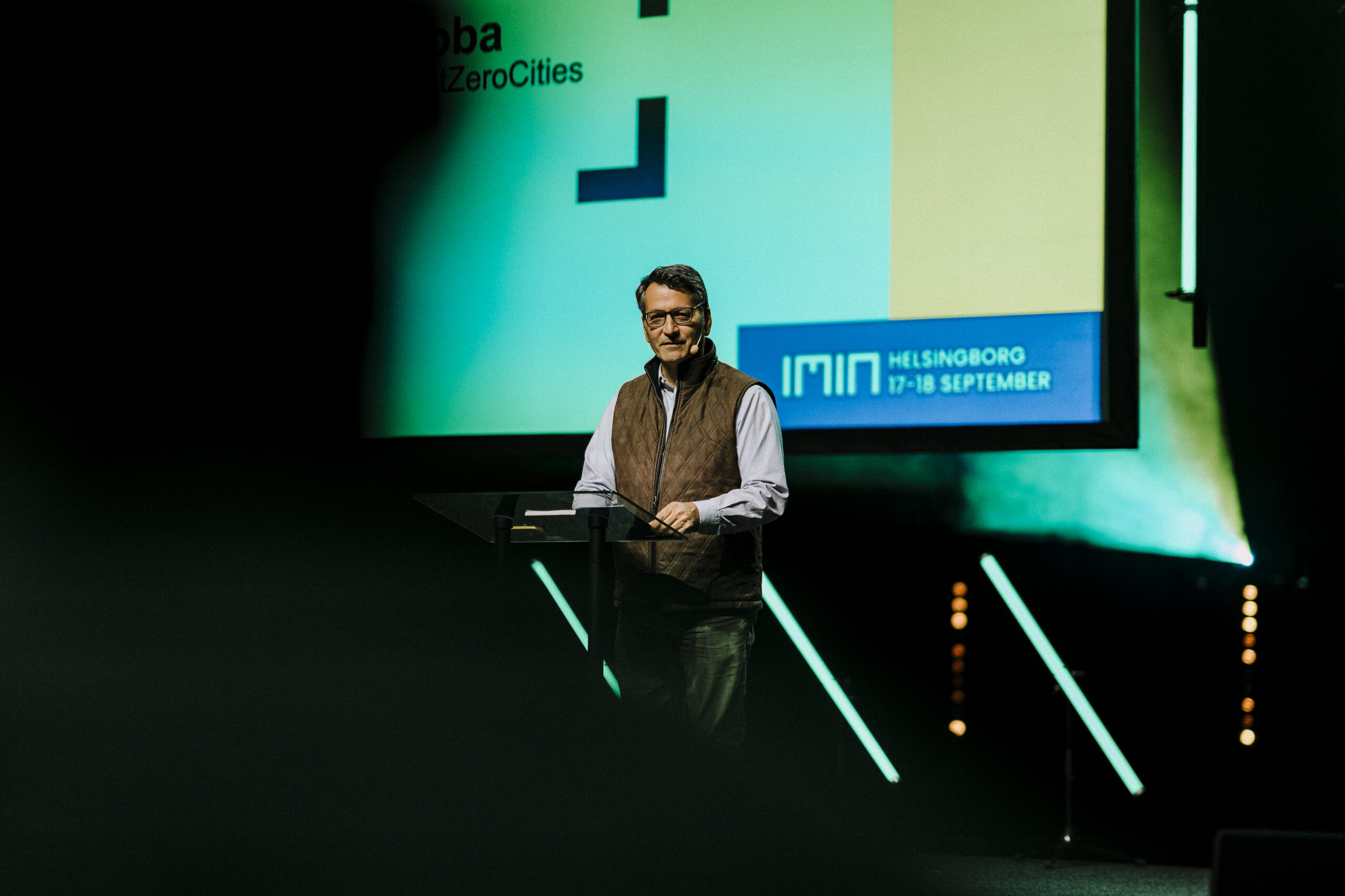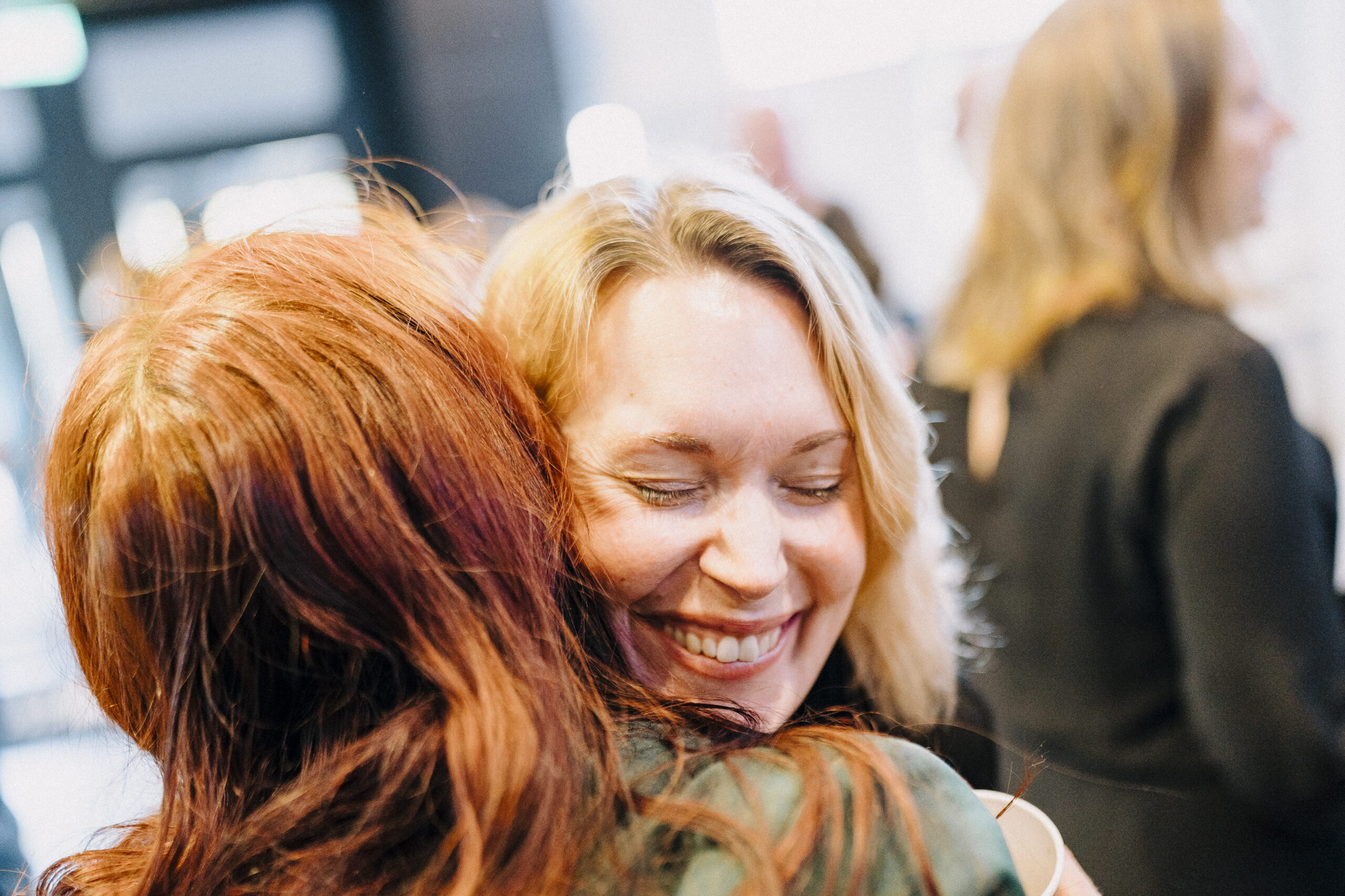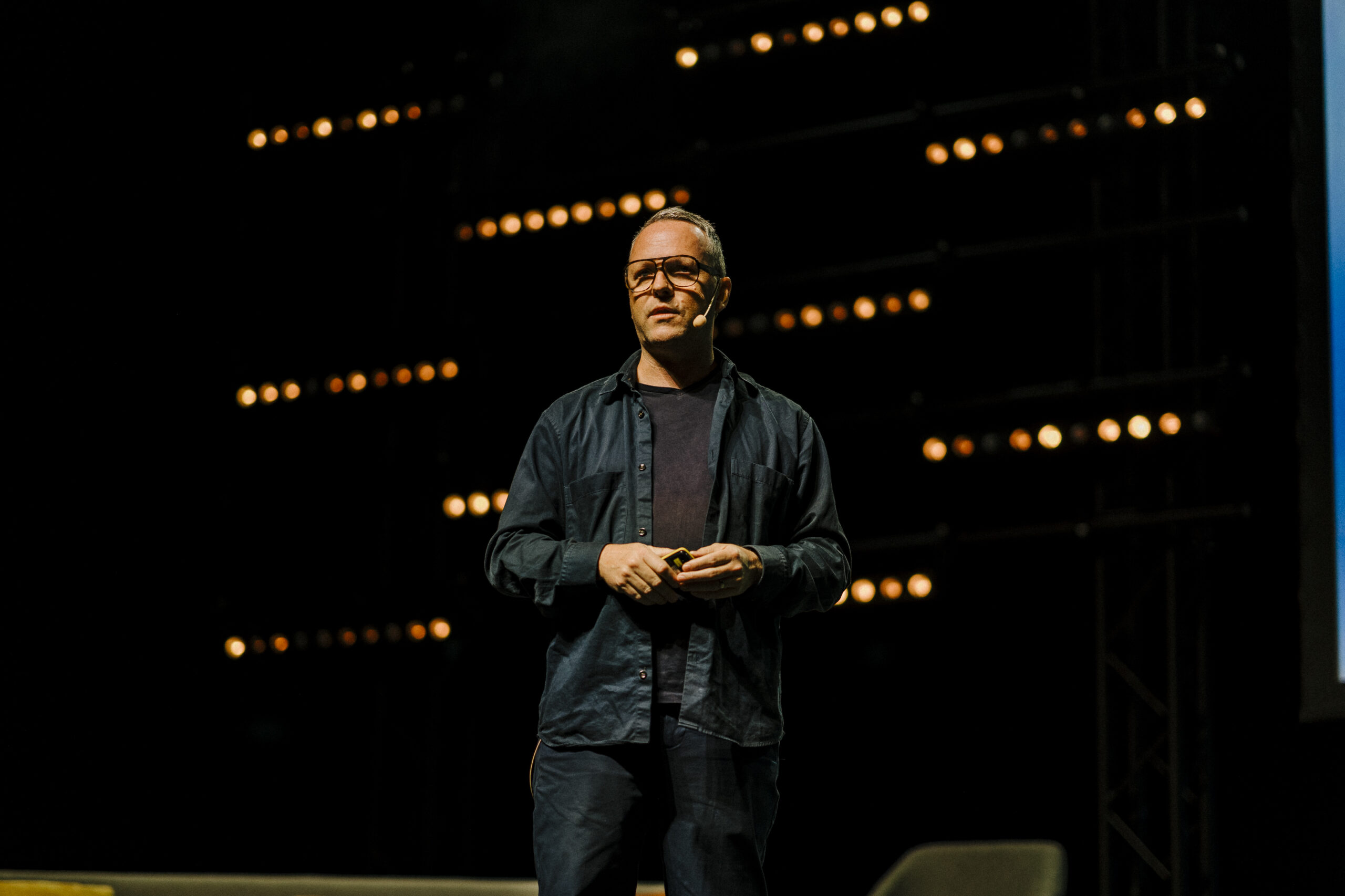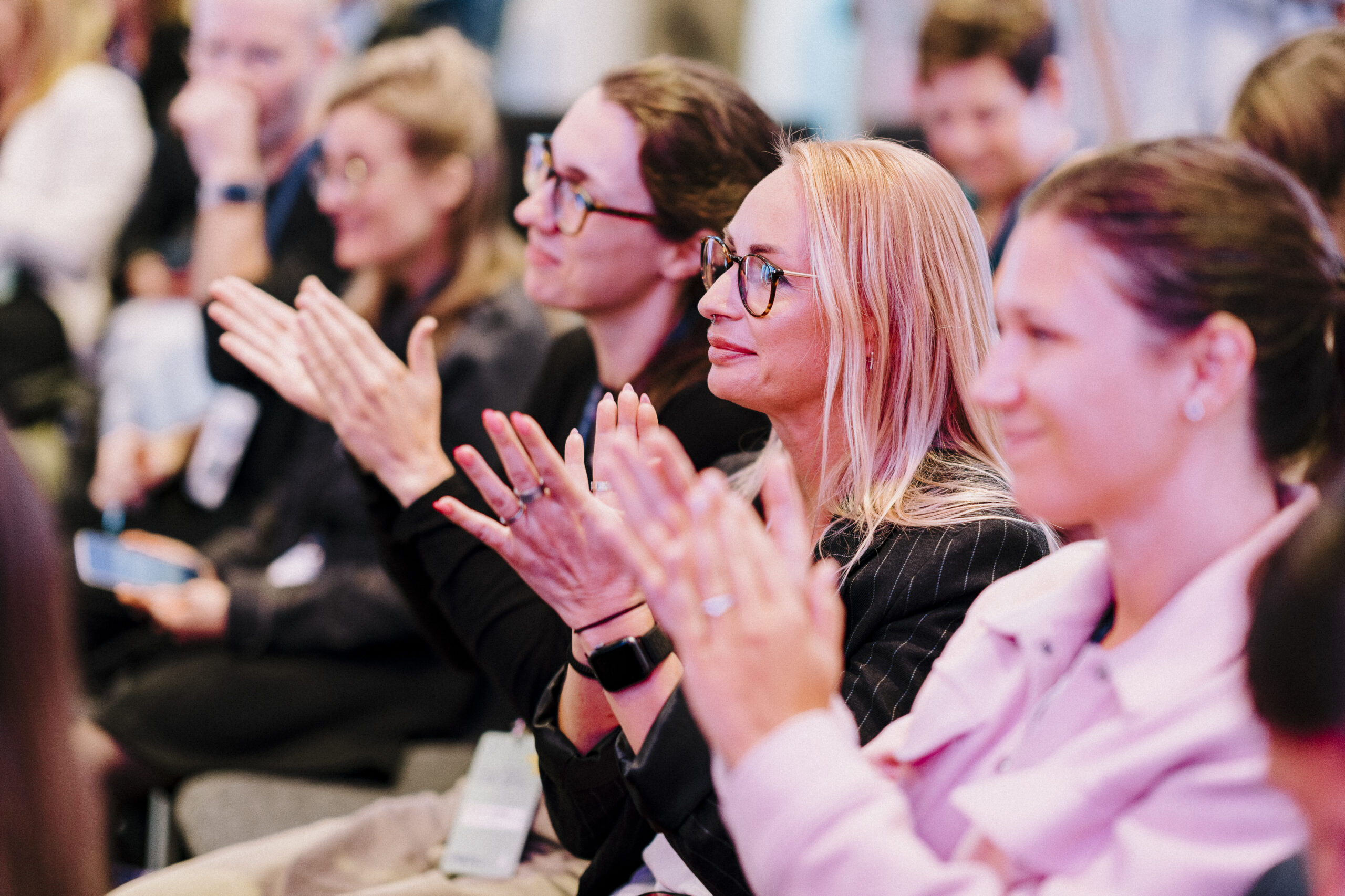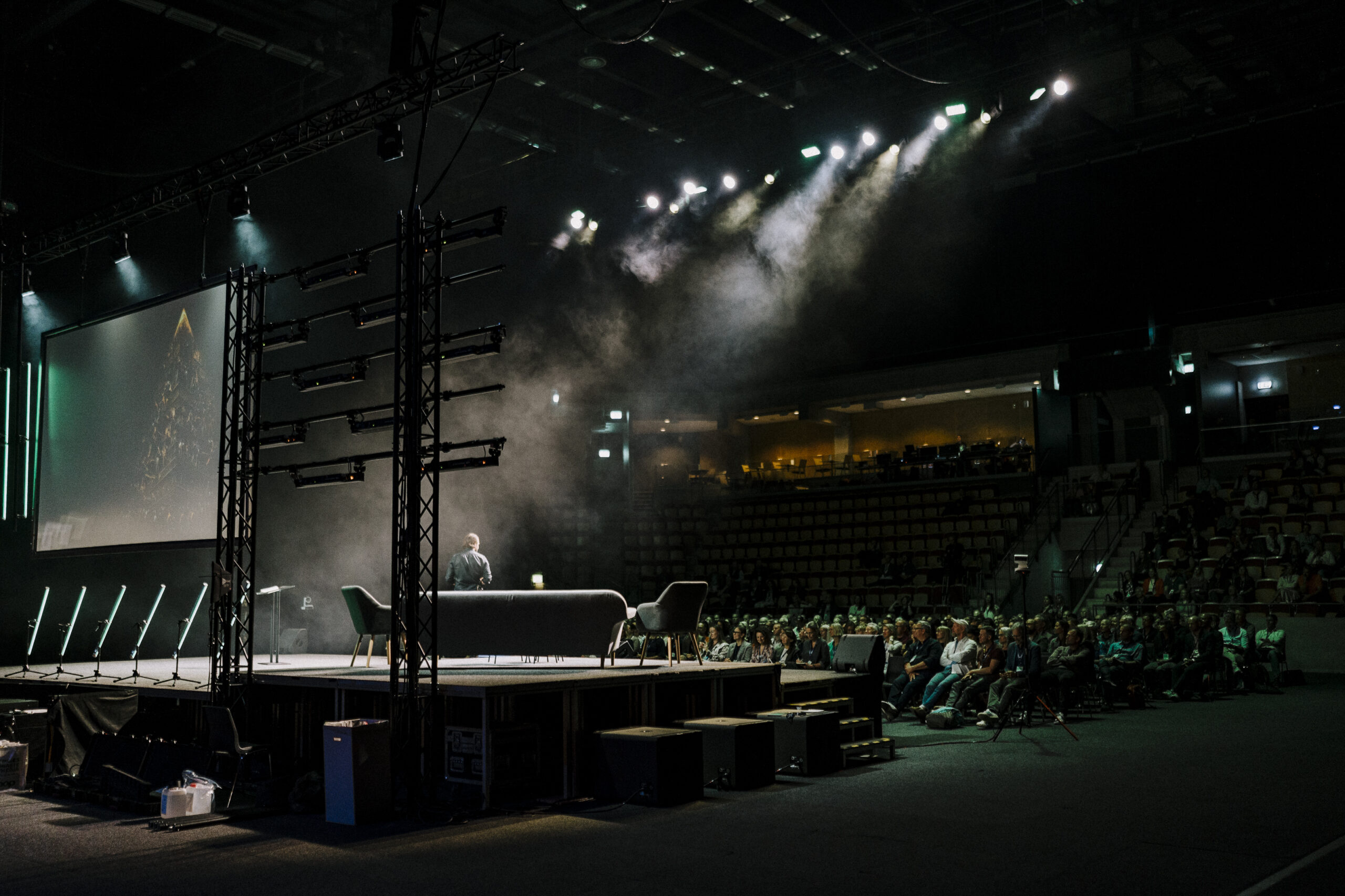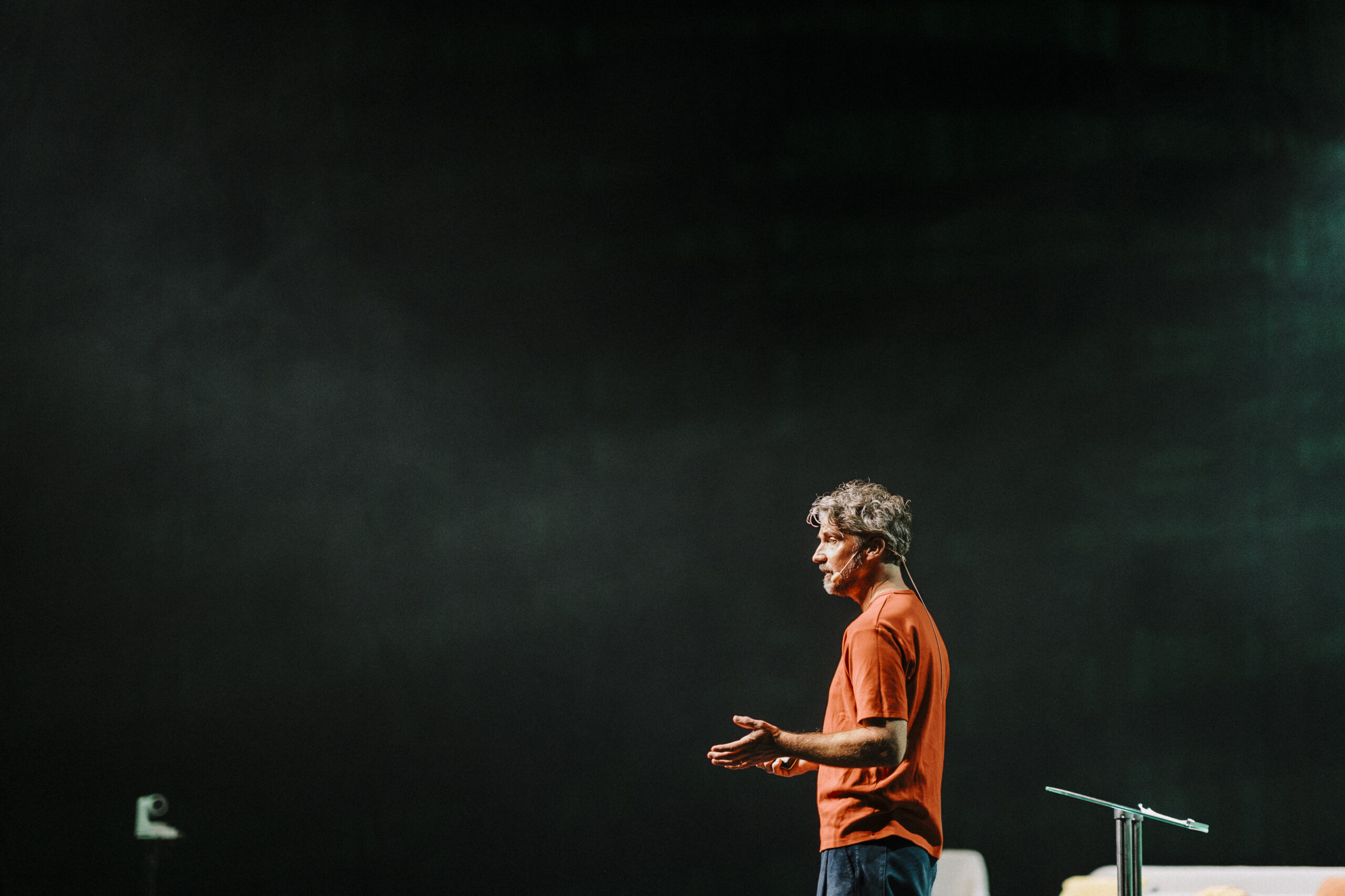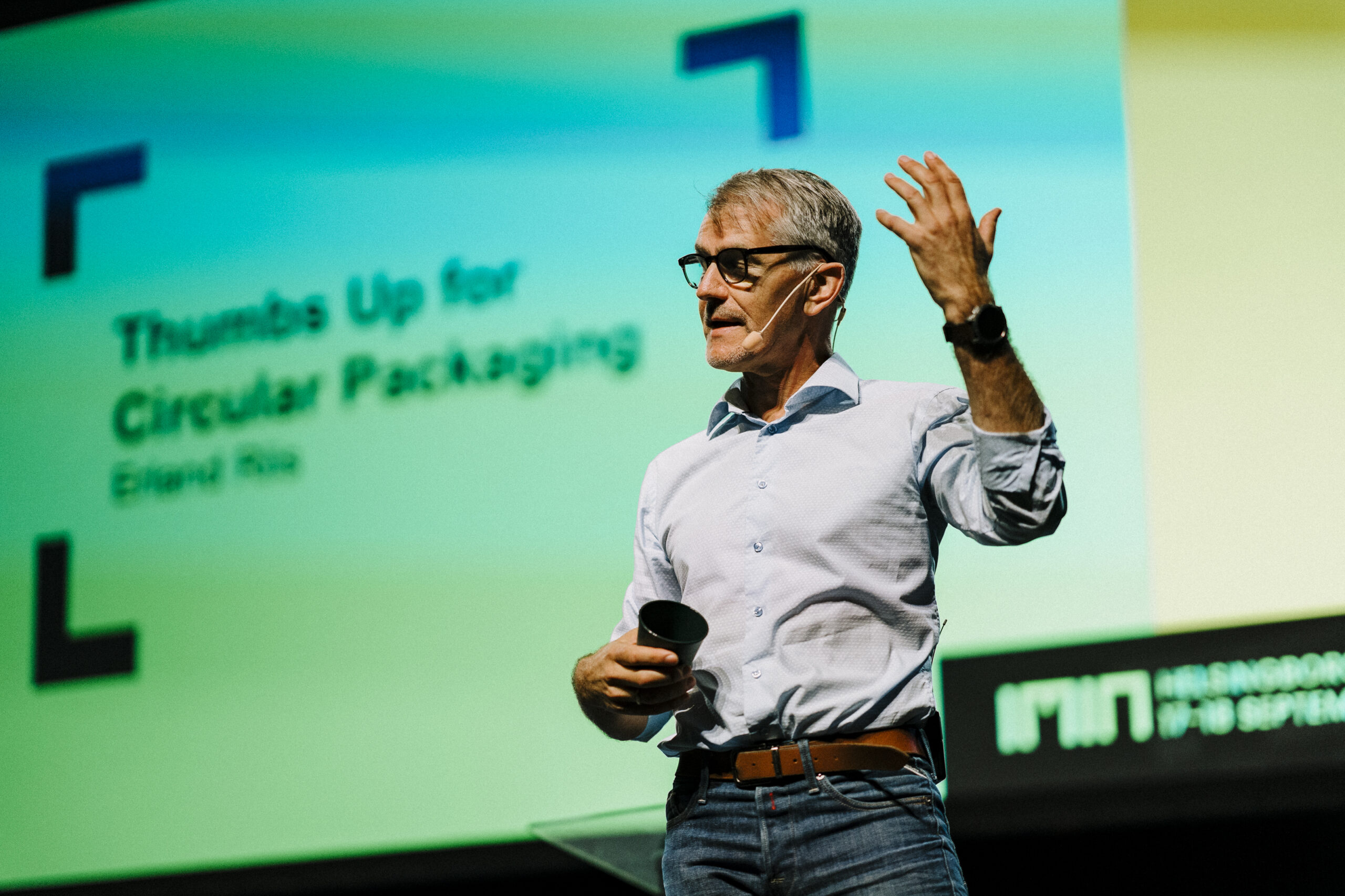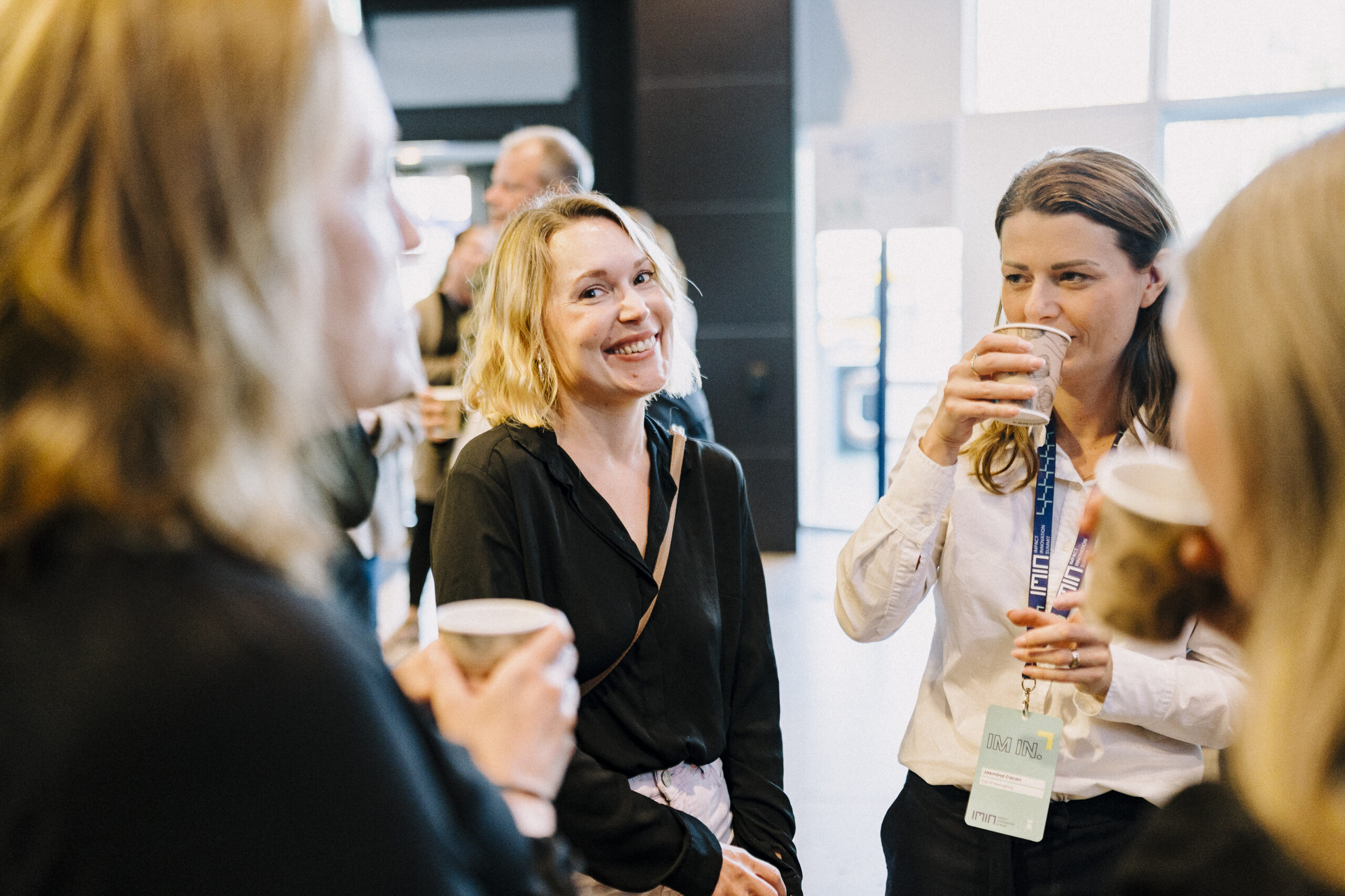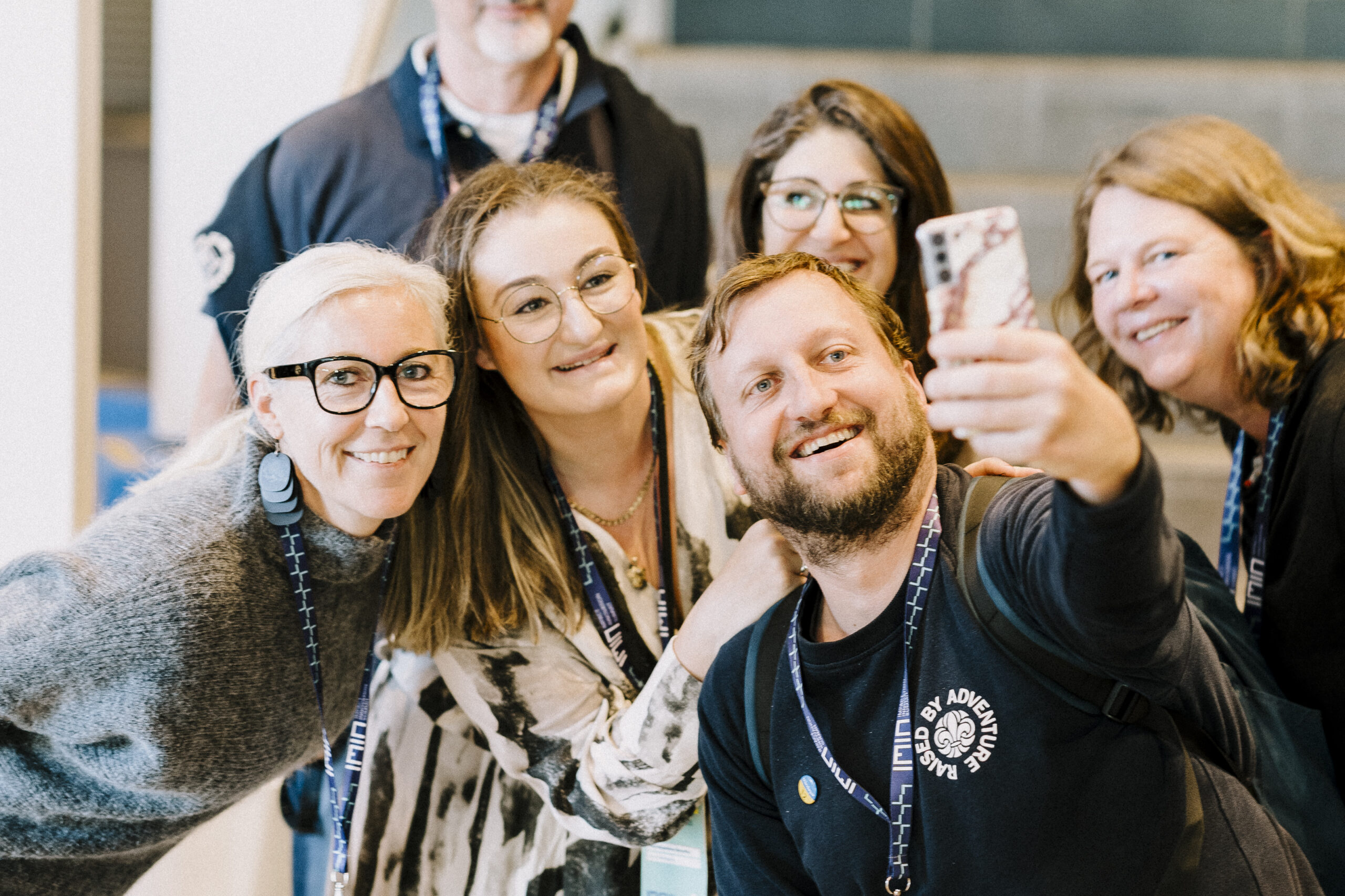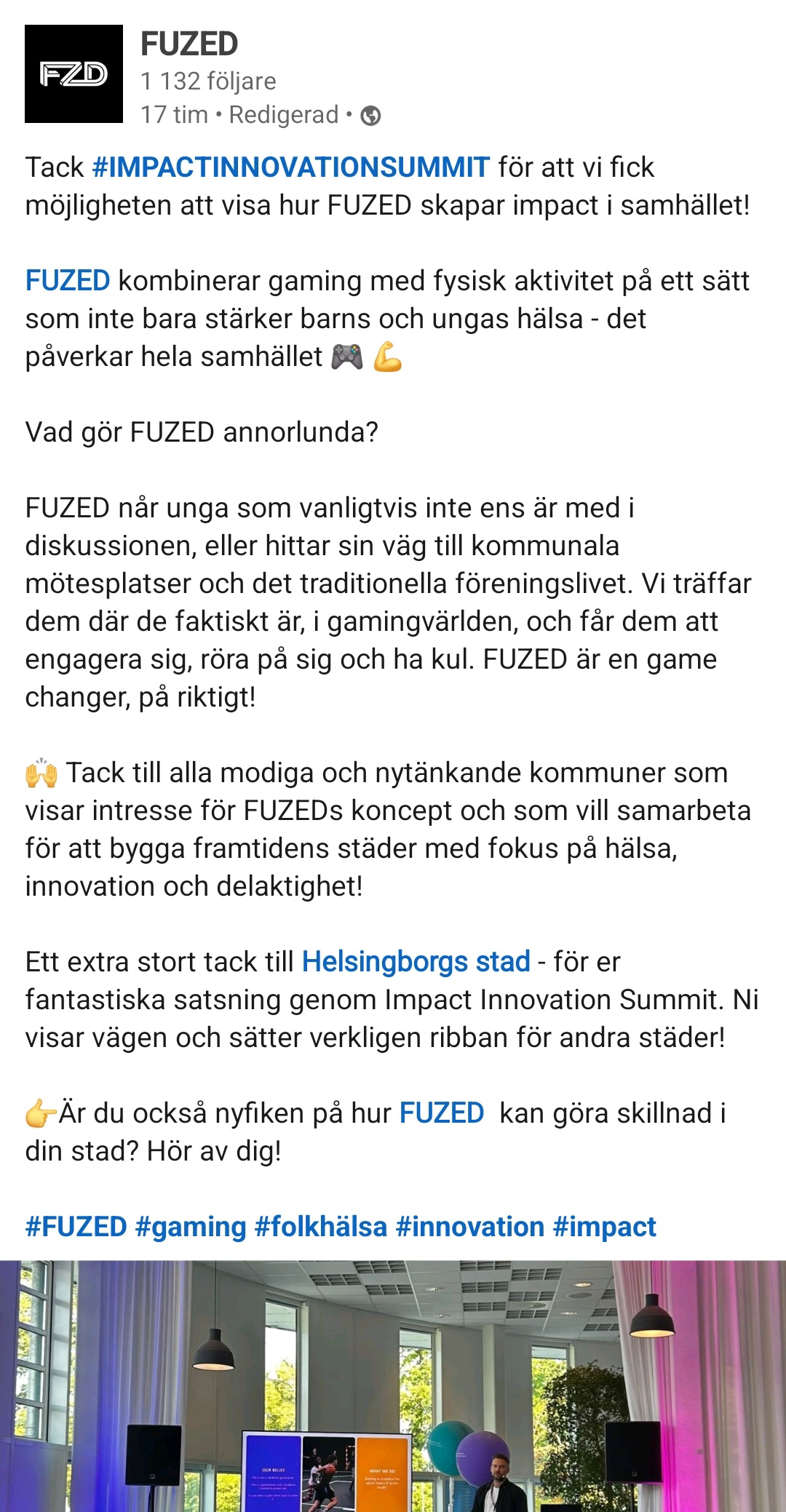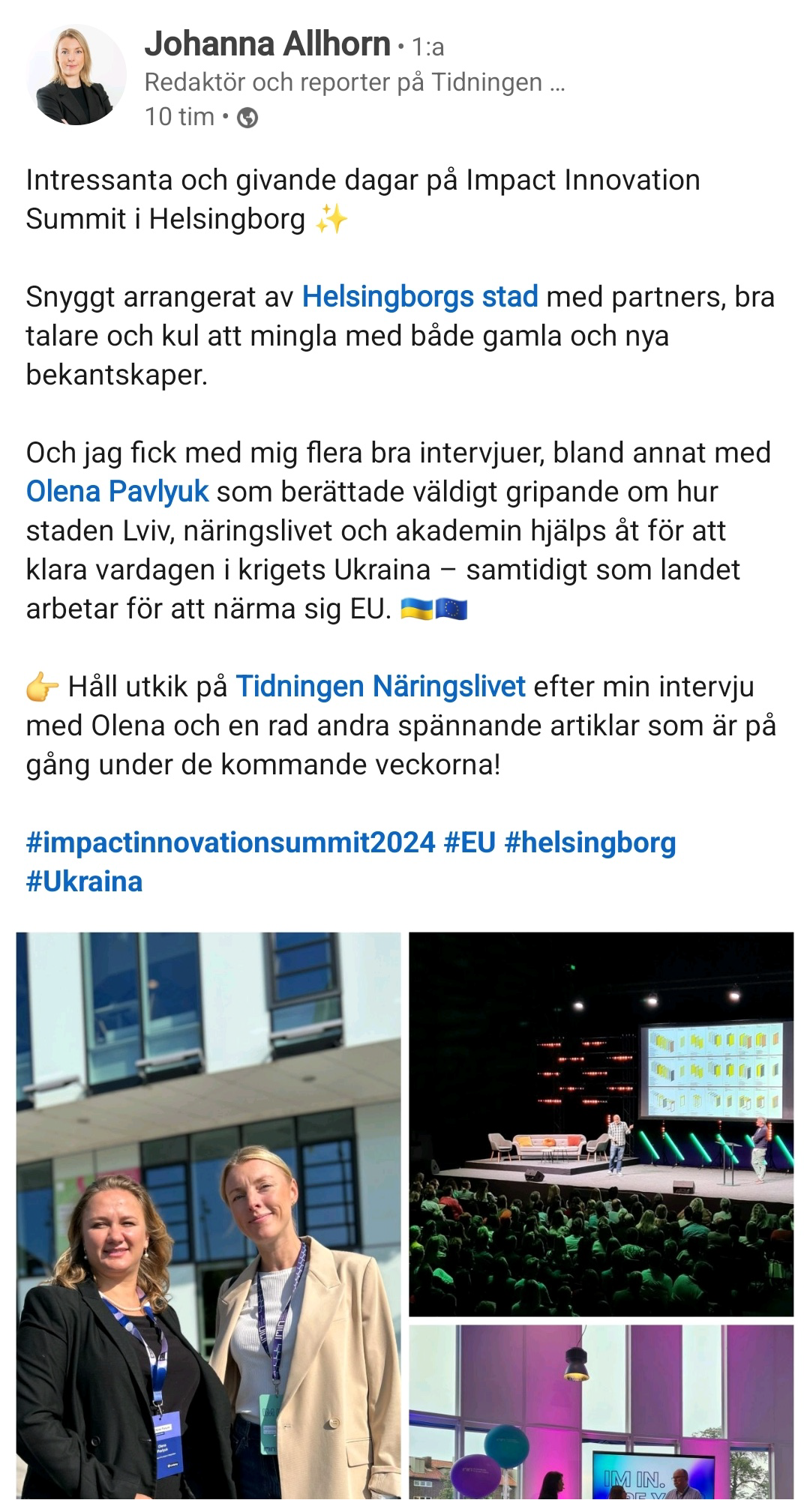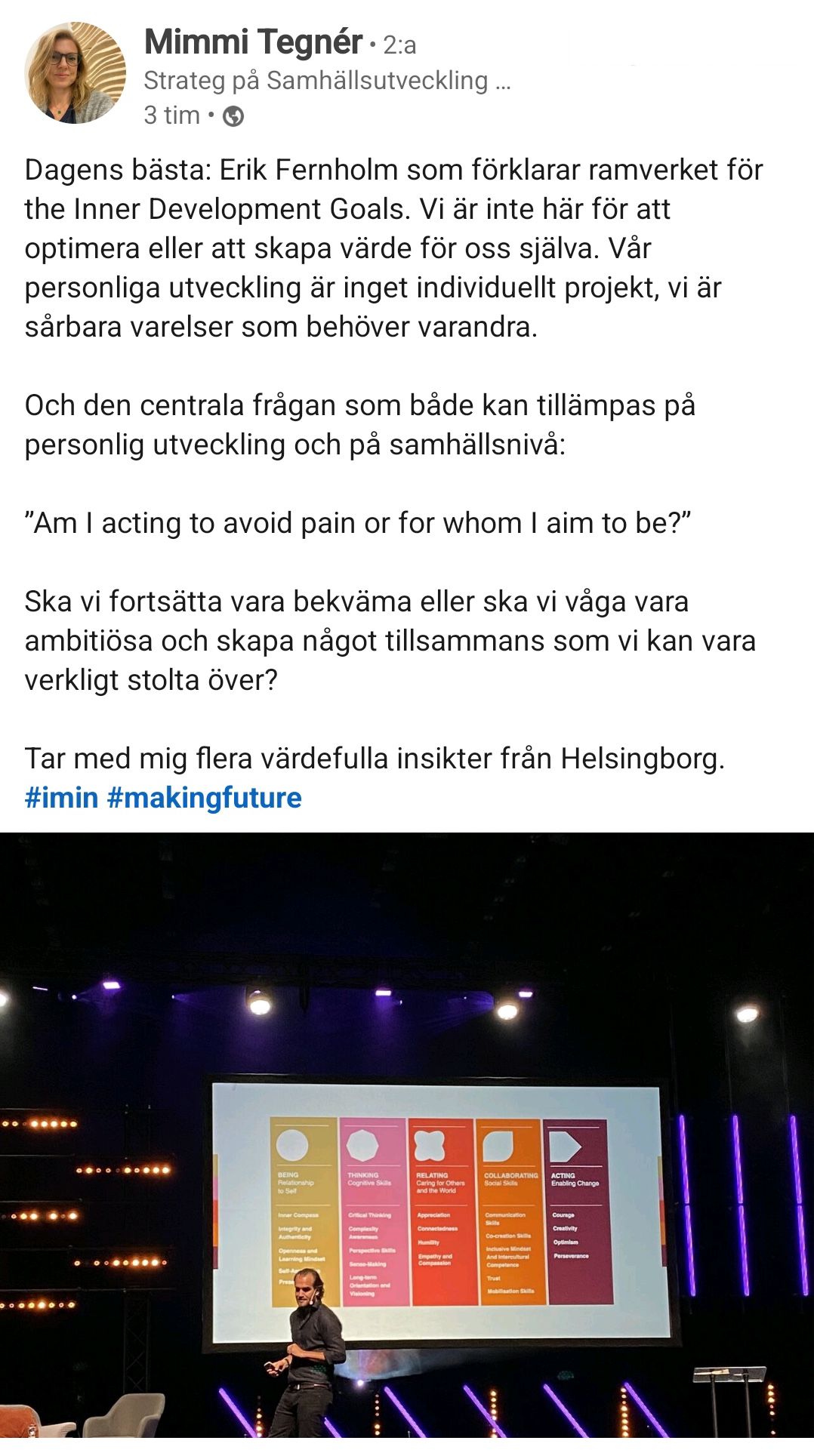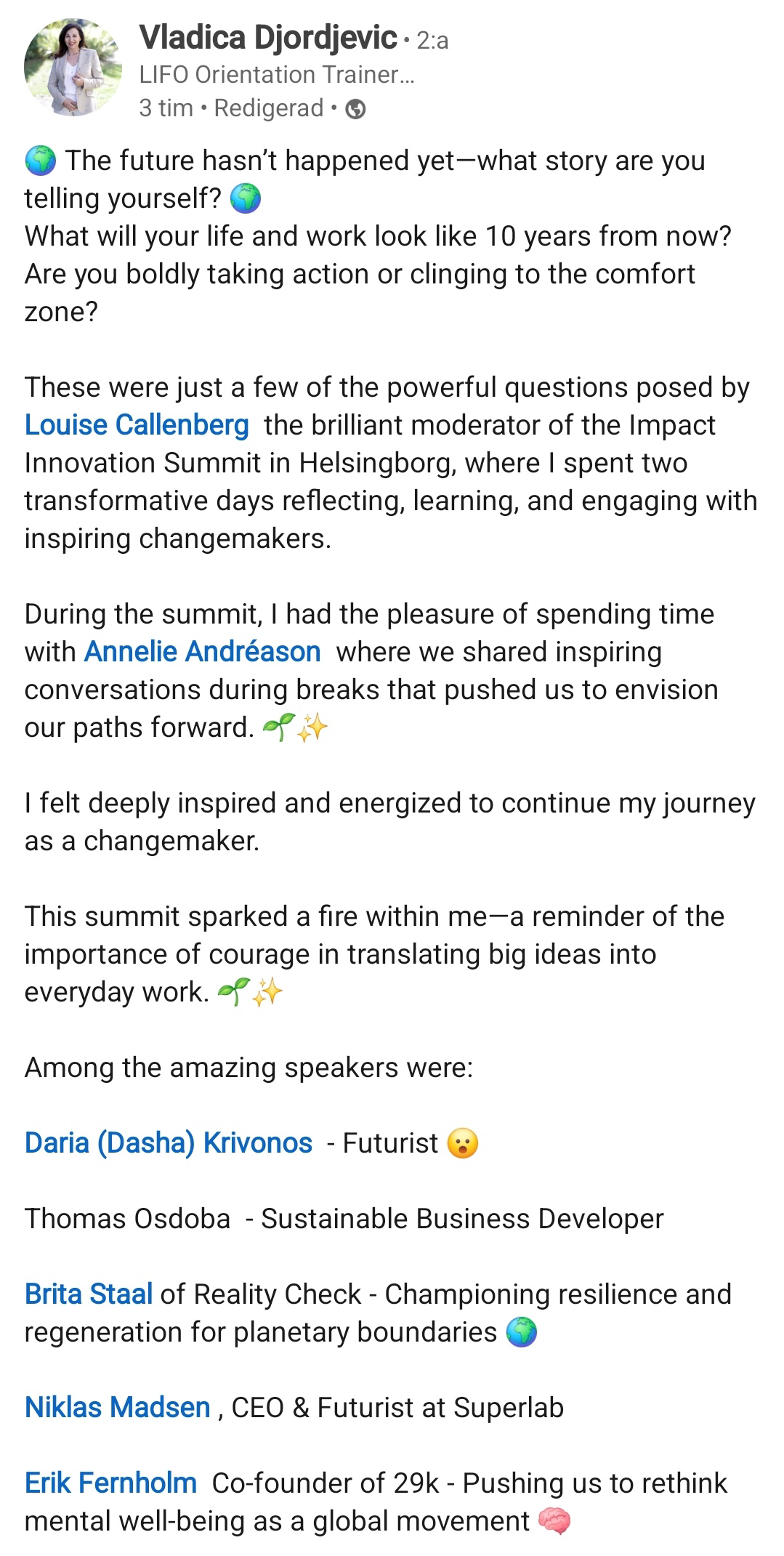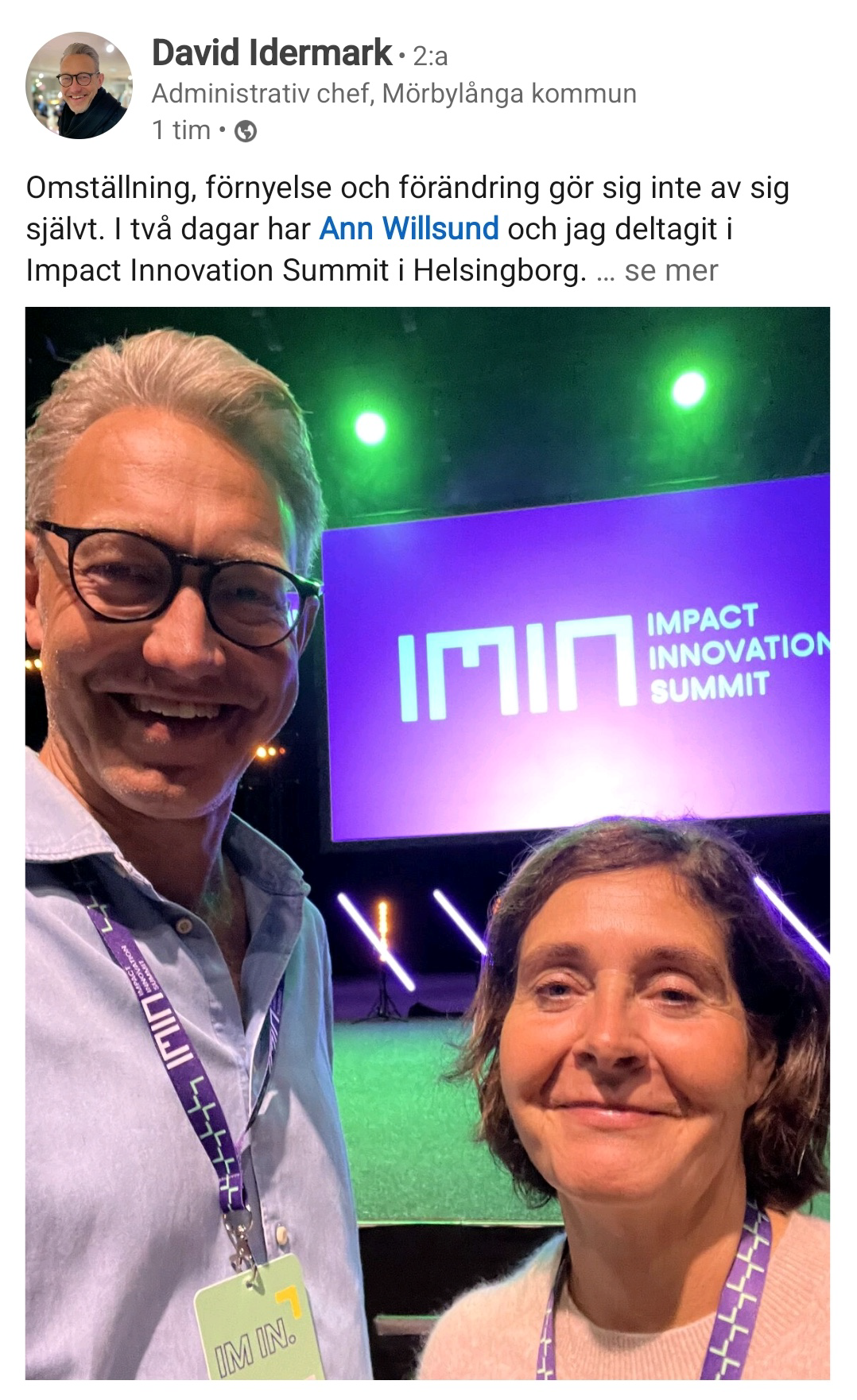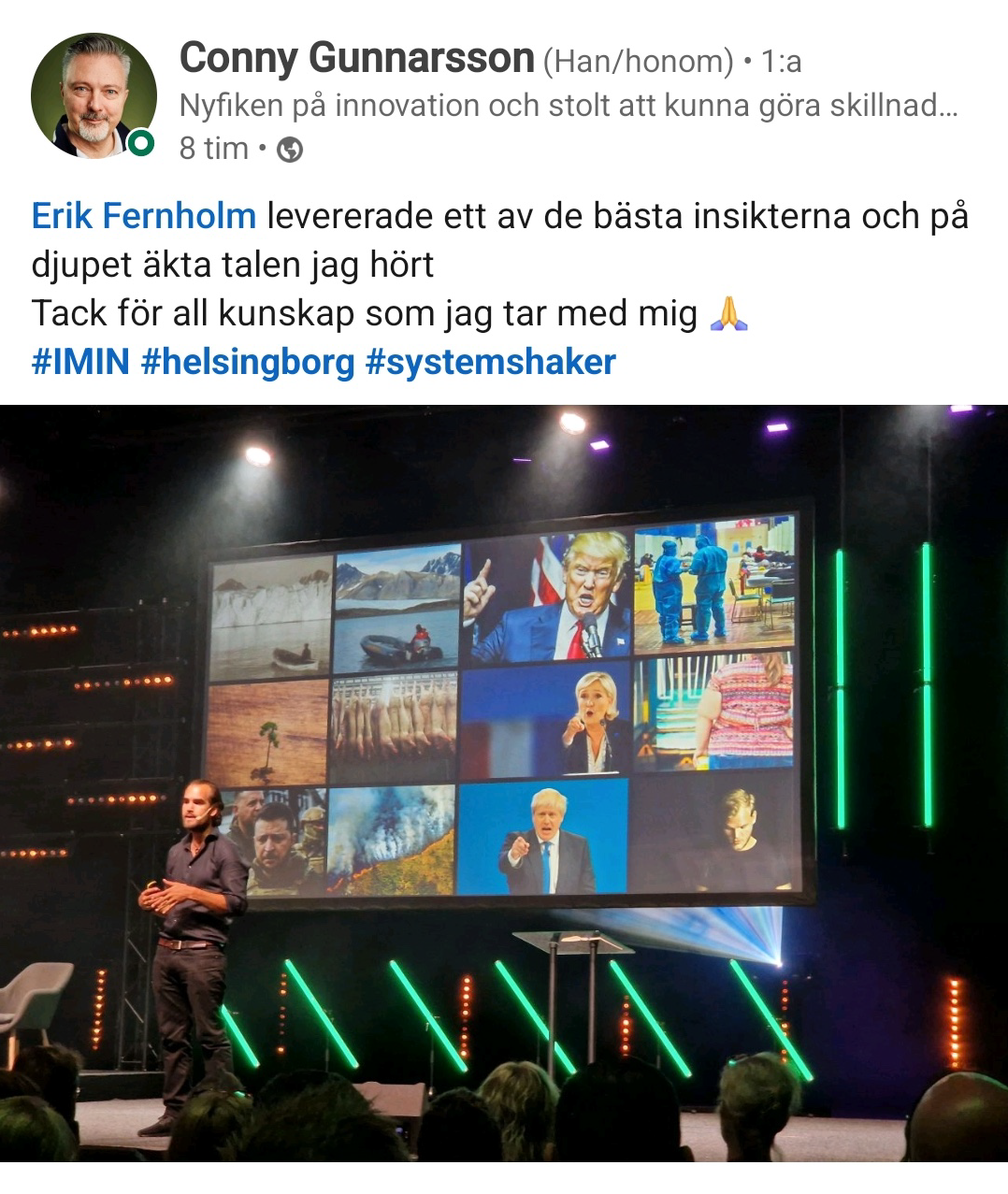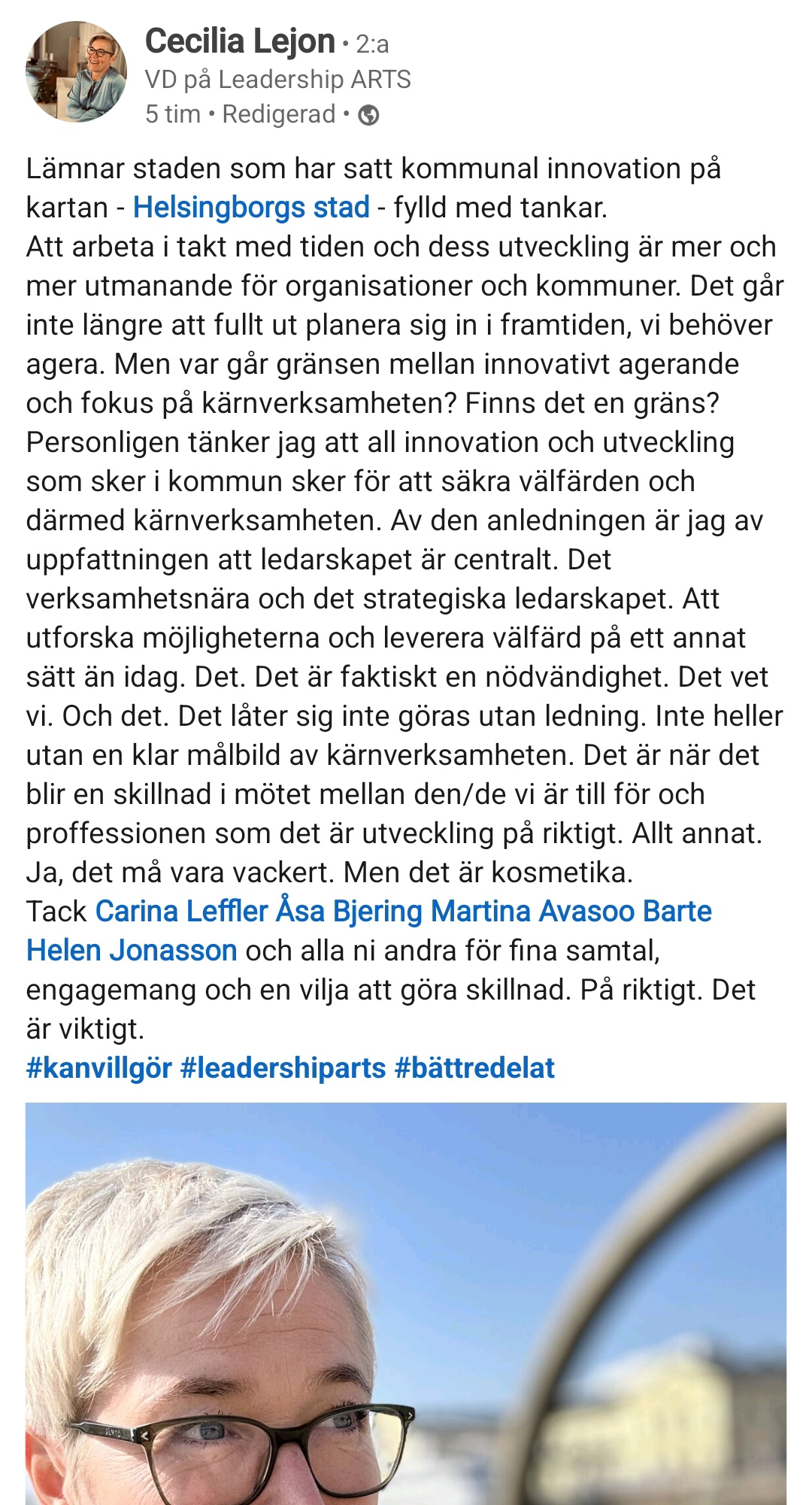
“IMIN is something very different. I know hardly any cities putting on their own summit to invite people from the outside, to collectively co-create. It’s incredibly inspiring.”
Chelsea Collier, founder of Digi.City

Want to share the learnings from the summit? We have summarized all of them in a presentation for you.
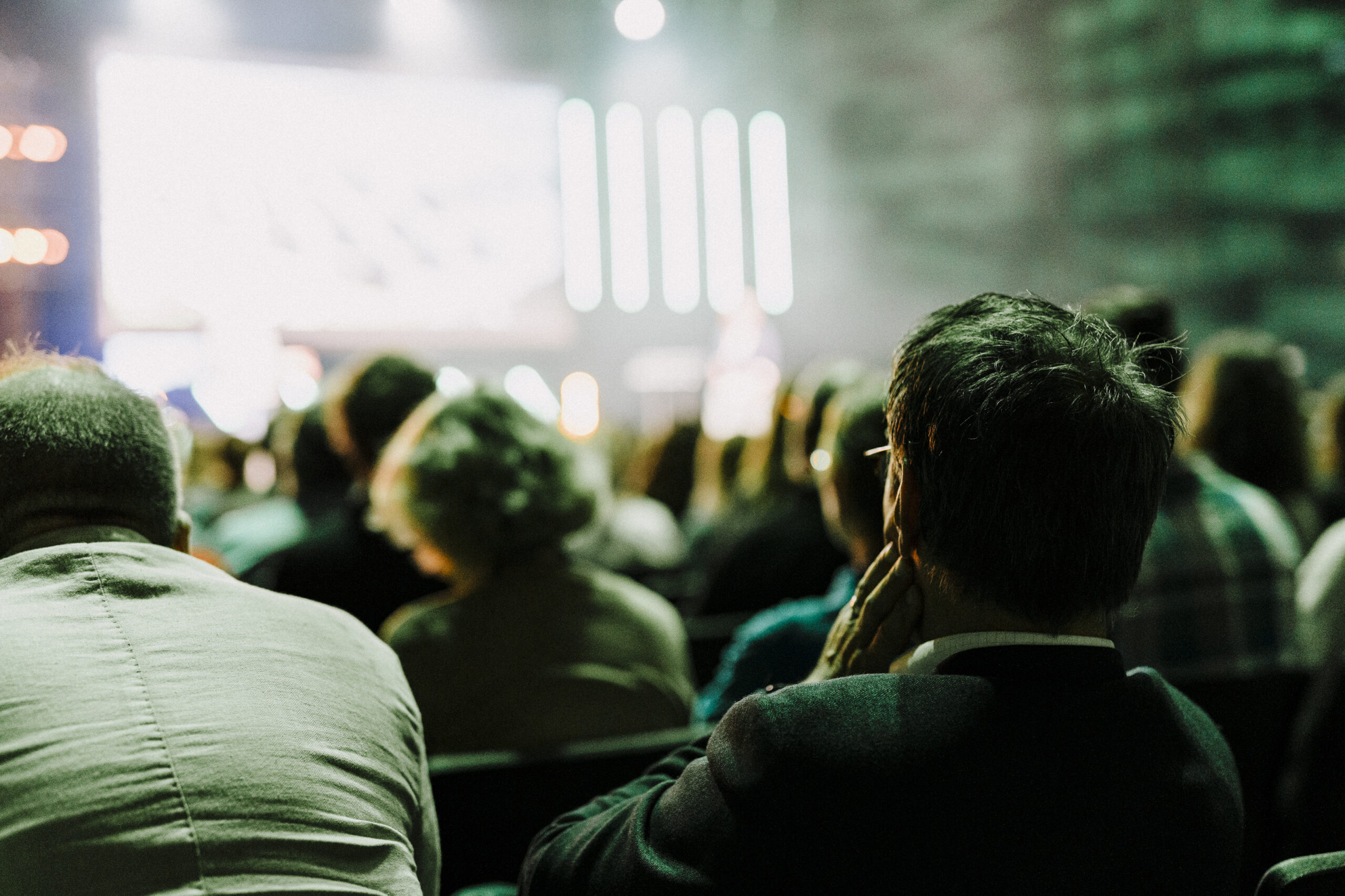
“I think it is really important to participate in these type of events to learn from each other. I focused on going to sessions covering topics that I need to improve on.”
Participant
“As a business owner, I think Impact Innovation Summit is important for the region. The city is showing that they want something better for the future – not only for the city but for all of Sweden.”
Niklas Madsen, CEO and futurist at Superlab
In the media
Smart Cities Connect: A City Asks: How Can We Explore Disruptive Innovation for the Greater Good?
Meetings International: Impact Innovation Summit 2024 i Helsingborg: nyskapande teknik, grön och social transformation
IT-Hållbarhet: Impact Innovation Summit 2024: Nyskapande teknik och grön transformation samlas i Helsingborg




